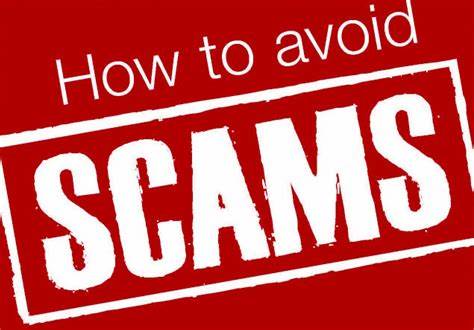
Beware of the Brushing Scam!
A new variation of the “brushing” scam is making its way across Australia, targeting unsuspecting individuals. Here’s what you need to know to stay safe:
What is a Brushing Scam?
A brushing scam involves receiving an unexpected package in the mail containing items you did not order. These items are often from online retailers like Amazon, though they may not directly bear the company’s branding. Common items sent in such scams include rings, bracelets, necklaces, Bluetooth speakers, or other small, inexpensive products.
How Does it Work?
- Unsolicited Package: The package arrives with your name and address but typically lacks sender information.
- Embedded QR Code: The package might include a QR code labelled as a way to identify the sender or get more information about the gift.
- QR Code Danger: Scanning the QR code gives scammers access to your personal device. They may harvest sensitive data, such as:
- Personal information
- Financial details
- Login credentials for bank accounts or other services
What Do Scammers Gain?
- Boosted Product Reviews: In traditional brushing scams, scammers use your name to leave fake reviews for their products.
- Data Theft: In the updated version, scanning the QR code allows them to access your phone, potentially draining bank accounts and compromising personal security.
Protect Yourself and Your Family
- Do Not Scan Unknown QR Codes: Whether on a package, parking meter, or public advertisement, avoid scanning any QR code unless you trust its source.
- Keep the Package or Discard It: You are under no obligation to return unsolicited items. However, do not use the QR code to try to identify the sender.
- Monitor Your Accounts: If you suspect your information has been compromised, keep an eye on your financial accounts and change passwords immediately.
- Spread Awareness: Inform family and friends about this scam, especially those who might not be familiar with QR code security risks.
What to Do if You Suspect a Scam
- Report suspicious packages to your local postal service or retailer.
- File a report with consumer protection agencies, such as the Federal Trade Commission (FTC) or your country’s equivalent.
- Consider freezing your credit to prevent identity theft.
By staying vigilant and informed, you can protect yourself and your loved ones from falling victim to this increasingly sophisticated scam.



